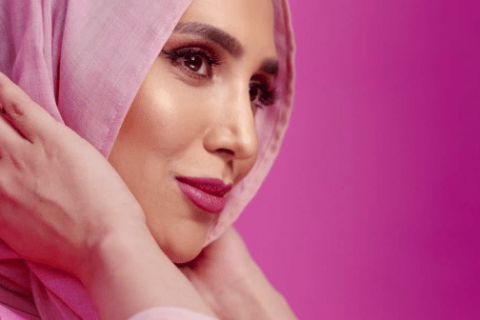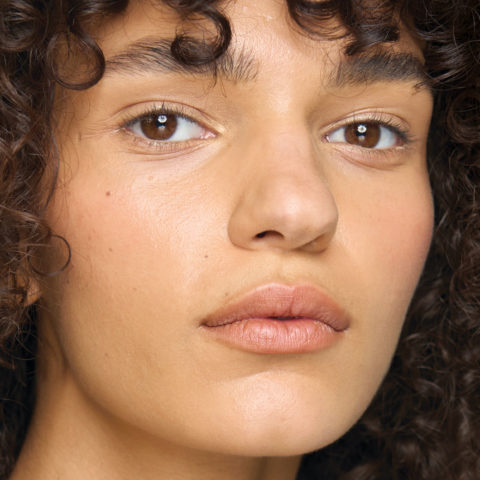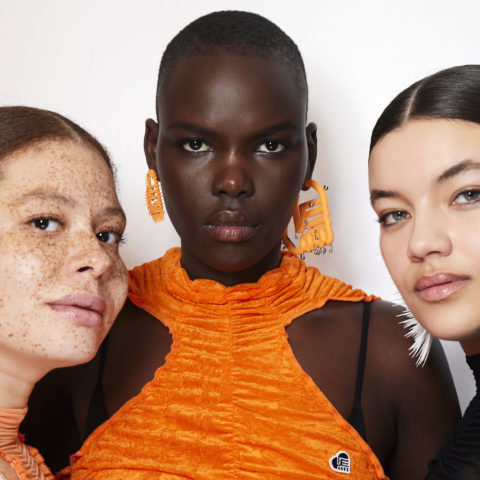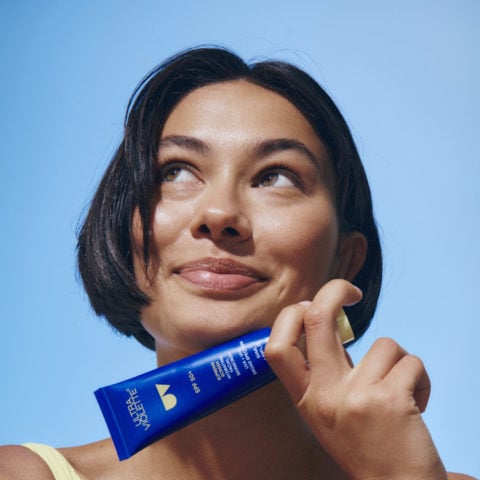L’Oréal’s Latest Haircare Campaign Features a Hijabi Model
Amena Khan is the first woman in a hijab to star in a major hair campaign.
This post has been updated
Following backlash surrounding old anti-Israel tweets, Amena Khan has decided to step down from her role as a L’Oréal Paris U.K. brand ambassador. This is the second time the brand has faced controversy regarding comments made by their ambassadors; last September, they fired their first transgender model Munroe Bergdof over remarks she made on white complicity in racial violence. Khan posted an apology and announced her decision to step down on Instagram.
The company released their own statement on the situation, saying “We appreciate that Amena has since apologized for the content of these tweets and the offense they have caused. L’Oreal Paris is committed to tolerance and respect towards all people. We agree with her decision to step down from the campaign.”
But Khan’s move has garnered mixed reactions as people are divided over whether she needed to apologize or not. On Twitter, some agreed with the consequences she had to handle while others supported what she said and her right to do so. This certainly brings up the topic of judging a person’s character based on old resurfaced material and whether or not it’s acceptable to hold them responsible for outdated and sometimes out of context opinions.
A British Muslim woman has been hounded out from an ad campaign for being critical of Israel. So criticising countries is racist now?
Where are those defenders of free speech now? ?https://t.co/7Vglcb7nDs
— Sunny Hundal (@sunny_hundal) January 22, 2018
No she should NOT have apologised OR stepped down.
— Aishah (@AishahMak) January 22, 2018
#GalGadot vocally supports IDF and the killing of #Palestinians BUT still lands herself in the lead role in Wonder Woman. #amenakhan tweets support for #Palestinians during the 2014 war steps down from the L’Oréal campaign. Welcome to the amazing world of bullshit!
— Ameerah (@salafi_writer) January 22, 2018
Original post:
British beauty blogger Amena Khan just made history by becoming the first woman wearing a hijab included in a mainstream hair campaign. Khan is included among 15 other ambassadors and influencers in L’Oreal Paris UK’s ads for Elvive, a major step forward for the beauty brand in terms of developing a new identity that’s inclusive and diverse. Khan is challenging stereotypes that people have about women who wear their hijab and how it correlates to beauty and self-care.
In an interview with Vogue UK, Khan spoke to them about the importance of inclusion in the beauty industry, “How many brands are doing things like this? Not many. They’re literally putting a girl in a headscarf—whose hair you can’t see—in a hair campaign. Because what they’re really valuing through the campaign is the voices that we have.”
“You have to wonder—why is it presumed that women who don’t show their hair don’t look after it? The opposite of that would be that everyone that does show their hair only looks after it for the sake of showing it to others. And that mindset strips us of our autonomy and our sense of independence,” she added.
She shared her excitement in an Instagram post where she called it a “game changing new campaign.” The post has since been deleted.
As a woman who wears the hijab, her message and the ad resonated with me. In my own experience, I’ve often encountered people who hold misconceptions about why or how I take care of my hair while covering it. I care about my hair just as much as anyone else; the only difference is that you don’t see it.
Just like anyone else obsessed with all things beauty and haircare, I have several hair products, oils and masks. I also also dye my hair different colours, curl it and straighten it. After all, self-care is all about doing things for yourself that make you happy.
The featuring of Khan in a major hair campaign helps people like myself, feel included and good about themselves because they’re represented properly and shattering misconceptions. Hopefully, this encourages the trend for everyone else in the beauty industry to stay positive and inclusive in 2018.








